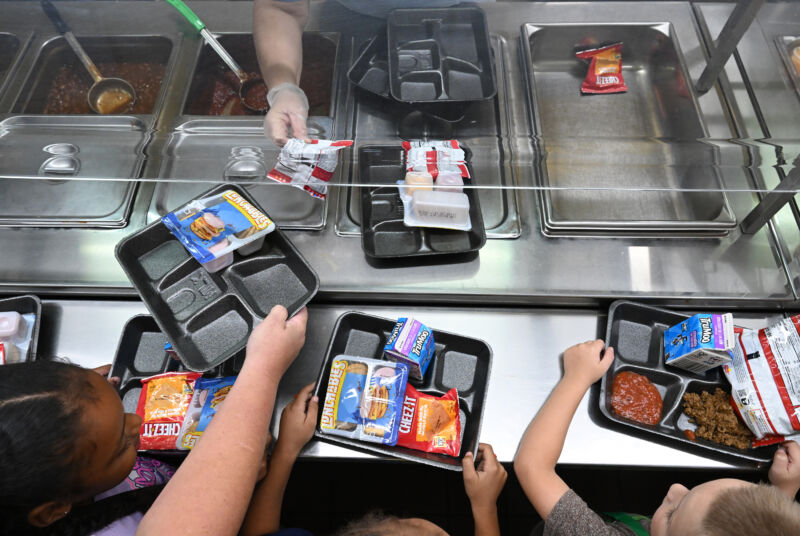
The federal government’s dietary guidelines for Americans are undergoing a novel review to explore the effects of ultra-processed foods on public health for the first time. This critical review might result in unprecedented warnings or suggested limits in the 2025 guidance, The Washington Post reports.
This potential move would signify a groundbreaking shift, as Americans would be advised not only on the basic nutritional components of foods but also on how their foods are processed.
Ultra-processed foods have been under intense scrutiny in recent years, with numerous studies linking them to weight gain, obesity, cardiovascular disease, cancer, diabetes, and other chronic diseases, as reported by the Post. A pioneering randomized controlled study in 2019, led by the National Institutes of Health’s nutrition expert, Kevin Hall, found that when participants consumed diets with ultra-processed foods, they consumed about 500 extra calories daily compared to a control group who consumed diets without ultra-processed foods that were matched in macronutrients.
Deirdre K. Tobias, a member of the guidelines advisory committee, commented that the study indicated that ultra-processed foods appear to promote a higher “passive intake” of calories beyond what our bodies require. Moreover, she stated that the epidemiological studies suggesting a link between eating ultra-processed foods and a higher risk of diseases are “as compelling as it can be.” However, she declined to directly address the upcoming guidelines, citing the ongoing work of the committee. The Post also highlights pushback from the food industry, which has directly written to the committee, urging them not to issue any warnings or limits. Notably, there is no established definition of what constitutes “ultra-processed.” Generally, it includes any industrially produced food product with artificial flavor combinations and additives, such as artificial sweeteners, emulsifiers, and synthetic colors. Products like chips, frozen dinners, sweetened cereals, chicken nuggets, and macaroni and cheese often fall into this definition.
The National School Lunch Program currently permits its participating schools to serve products that clearly fit the ultra-processed food category, including Domino’s pizza, Lunchables, and Cheez-Its, much to the dismay of nutrition experts. Currently, the products only need to meet federal dietary guidance standards for nutrients such as sodium, fat, protein, and whole grains—regardless of how many other additives they contain. The federal dietary guidance is reviewed every five years and is developed by the departments of Agriculture and Health and Human Services. While the guidance that incorporates considerations of ultra-processed foods will not be released until 2025, the Post notes that the expert advisory committee is expected to issue a scientific report next year.

